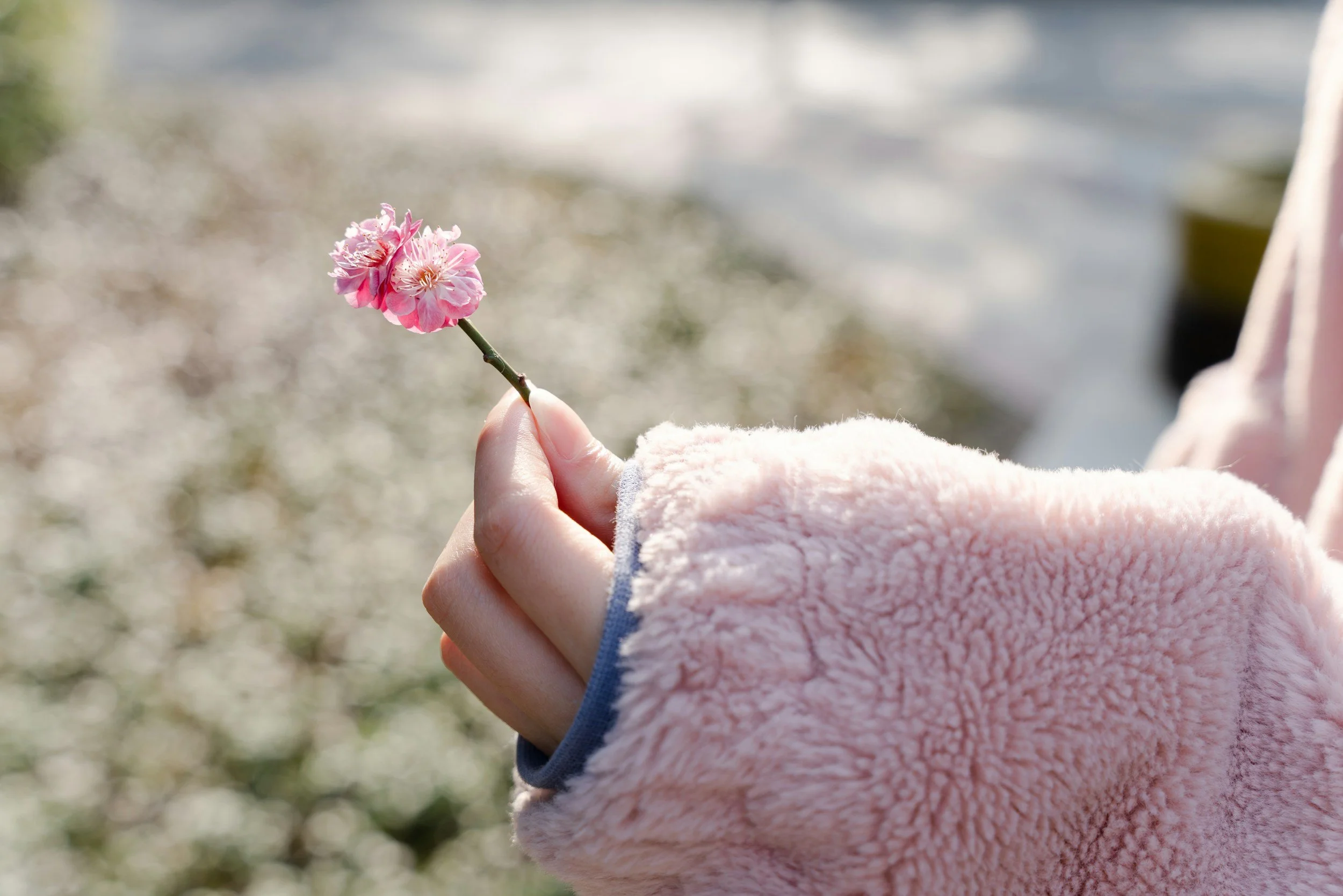
Giving and Receiving
“The happiness you get from opening a gift is only temporary, but giving provides a more self-fulfilling experience that lasts for a long period of time.”
from Hedonist Chocolates.
Christmas, new year, birthdays are just some occasions that we celebrate with gifting and with Christmas just behind us I hope that you have had a beautiful share of giving and receiving.
Giving gifts is an expression of love, gratitude, appreciation,….. but we may also give when we feel obliged to meet the cultural norm/expectation or because we feel sorry for those who have less, out of guilt even. The list goes on, but on a daily basis we give and we receive. It’s a way of coming together, cooperating and coexisting and it was the way of being before we had gold, money, shells or other items as a currency.
The flow of giving
I come from a culture where it’s a norm that you take a gift whenever you are invited for a visit to someone’s house. I imagine there being packets of the same Lavazza coffee and chocolates doing house rounds around Slovenia. It makes a beautiful custom.
In my early 20s I found myself in a situation where I had no ‘Lavazza’ to give. Tom and I were touring around Eastern Europe on our motorbikes and we had a couple of incidents where we needed help. A lot of help. Including making a make shift new seat for my motorbike as the original got stolen one night in Gdansk, Poland. Just a week later I had to be towed off the motorway by lake Bolton in Hungary and then onto Slovenian border, when the alternator on my bike blew up. On each occasion complete strangers came to help. We were on a tight budget and we had no money to express our gratitude to the kind rescuers. Nor was this an expectation.
It was then that Tom educated me about the value of ‘passing it on’. He explained to me that it’s OK for me to receive and not pay back to the giver with the ‘equal’ exchange, but to pass it on to someone else who is in need. No doubt that’s what I had been doing by then anyway, but hearing it like that really helped me understand it better and foremost to be able to receive without any guilt.
The Vulnerability of RECEIVING
I write about this because for many of us receiving it is so very hard. Recounting the story above I remember the uncomfortable feelings that came with feeling in ‘debt’ to someone that I'd never be able to repay. But at that time it felt like I was putting not just my own reputation online, but that of my family, my nation (in view that we were in a foreign country). Wow. What a burden to carry!
A large proportion of people that I’ve worked with report having similar issues around asking and accepting help and these are the most commonly reported blocks that get in the way:
’I don’t want to lose my independence’
‘Others can’t do it properly or as well as I can’,
‘I used to be able to do it by myself, I should be able to do it now’,
‘I won’t be beaten by my limitations/condition’.
Many of us will push ourselves so hard to maintaining our ‘independence’, ‘pride’, ‘role’, ‘status’ even if that means increased levels of pain and other symptoms, tiredness and fatigue, frustration and even feeling hard done by (when we think that if others really meant to help us they would do so without us having to ask them).
To be able to ask for help and accept it is an act of kindness to ourselves and others. Consider this: There is no giving without receiving, for if we don not receive, the giver is unable to give. Imagine what it’d be like to not give?
The reason that asking for help feels so hard is that we risk being turned down. At the time of need this can feel like a rejection or an abandonment. When we are in need badly, it can feel like we are putting ourselves at the mercy of the ‘rescuer’ and it can be too painful to think that our needs would not be met.
It may be helpful to consider that these feelings are likely to relate to an unresolved sense of rejection that we experienced in our childhood when at the time of need our parents or care givers were too busy, not understanding, mean or too wrapped up in their own stuff to attend to our needs.
So it’s possible that each time we have an experience of our needs not being met since, it is not that we are being rejected, but that we are purely re-living that sense of ‘abandonment’ from our childhood. It’s also very likely that we have not been able to ask appropriately or timely. Holding our inner child gently in this will allow us to be at ease with that discomfort and use the resourcefulness that we now have and seek help to address our needs without being invested in the outcome.
Asking without being invested in the outcome
It’s ok to ask just as it is the other person's right to say ‘no’.
And the other way round. It’s ok for us to say ‘no’ when we need to say ‘no’ in responding to others requests if this does not sit right with us. When we say ‘yes’ but mean ‘no’ we create space for feelings of resentment and ’poor me’ (victim). Each time when we say ‘yes’ but really mean ‘no’ we create an inner conflict, we undermine our knowing of what is helpful for us, what we need to do for ourselves.
By pausing and acknowledging what are our abilities, resources and time and own these we can be more honest, realistic, reliable - to ourselves and others. When we are honest, we are clear. We are not sending mixed messages. Respect follows.
As for the flow of giving - could the greatest gift you could give someone be: Role modelling honesty and clarity. And remember we all love to give. Without receiving there would be no giving. It’s all part of a balance.
I have written a bit more on how to ask for help here: ‘Asking for help’.
Over to you
Any thoughts on this please comment below.
I would also love to hear about your relationship with receiving yourself?
Is this an area that you recognise as needing to make some tweaks in your life?
You may be interested in 1-1 support from me joining th Women’s circle group where we work on exploring and living more truthfully to ourselves. Get in Touch to find out more.
This reading links in beautifully with 'ENOUGH' blog
